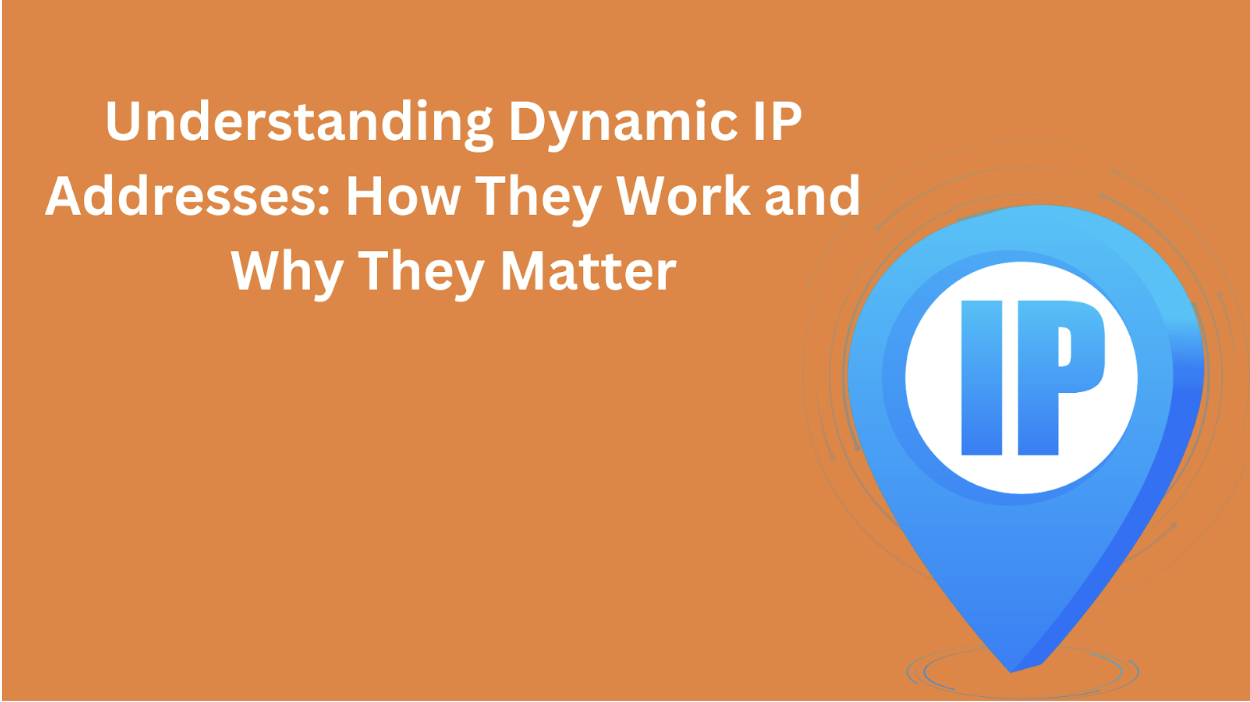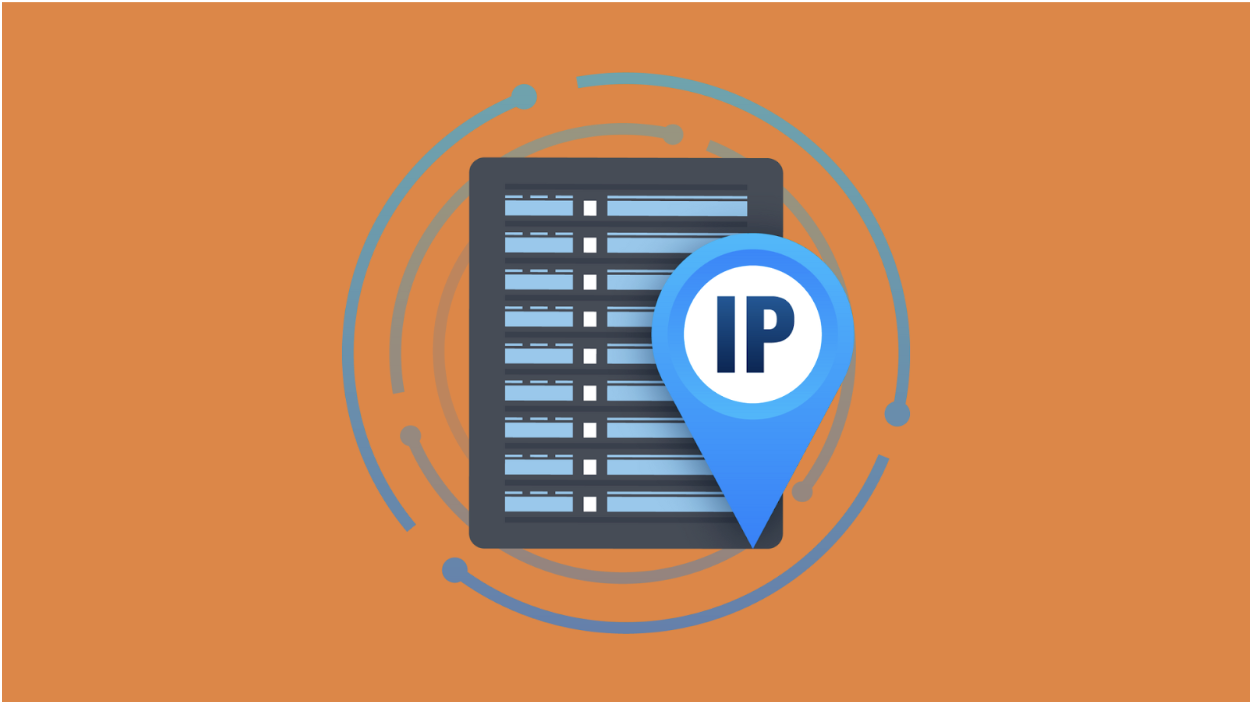In today's interconnected world, the internet plays a crucial role in our daily lives. Almost everything we do online, from browsing the web to streaming videos, relies on a stable and reliable internet connection. One key component of this connection is the IP address, a unique identifier that allows devices to communicate with each other over the internet.
While most people are familiar with a static IP address, which remains constant over time, fewer are aware of the role of dynamic IP addresses. This article will explore what dynamic IP addresses are, how they work, and why they matter.

What is a Dynamic IP Address?
A dynamic IP address is an IP address that is temporarily assigned to a device on a network. Unlike static IP addresses, which remain constant, dynamic IP addresses are typically assigned by a DHCP (Dynamic Host Configuration Protocol) server and can change over time. This means a device may be assigned a different IP address each time it connects to the network.
How Do Dynamic IP Addresses Work?
Dynamic IP addresses use a pool of IP addresses that are available for temporary assignment. When a device connects to the network, it sends a request to the DHCP server, which then assigns it an IP address from the available pool.
The device uses the assigned IP address to communicate with other devices on the network and the internet.

Why Are Dynamic IP Addresses Important?
Dynamic IP addresses are important for several reasons. First, they allow networks to manage their available IP addresses efficiently. By using dynamic IP addresses, networks can assign addresses only when needed, reducing the risk of running out of available addresses.
Second, dynamic IP addresses enhance security by making it more difficult for malicious actors to track and target specific devices. Since a device's IP address can change over time, it is harder for attackers to maintain a persistent connection.
Finally, dynamic IP addresses are essential for mobile devices and other devices that frequently change networks. They allow these devices to connect easily to different networks without requiring manual configuration.
Conclusion
Dynamic IP addresses play a crucial role in our modern internet-connected world. By allowing networks to efficiently manage their available IP addresses and enhancing security, dynamic IP addresses help ensure a stable and reliable internet connection for all users. Understanding how dynamic IP addresses work and why they matter is essential for anyone looking to make the most of their online experience.
FAQs
1. Can I Change My Dynamic IP Address?
Your dynamic IP address can change over time, especially if you disconnect and reconnect to your network or your ISP assigns you a new address.
2. Do I Need to Configure My Device to Use a Dynamic IP Address?
In most cases, no. Network devices that use dynamic IP addressing will automatically receive an IP address from the DHCP server.
3. Are There Any Disadvantages to Using a Dynamic IP Address?
One potential disadvantage is that if your IP address changes frequently, it can make it more difficult to host services such as a website or a game server.
4. Can I Use a Dynamic IP Address to Access My Home Network Remotely?
Yes, but you must use a dynamic DNS service to map a domain name to your changing IP address.
5. Is Switching From a Dynamic IP Address to a Static IP Address Possible?
Yes, but you must contact your ISP to request a static IP address, which may incur additional fees.